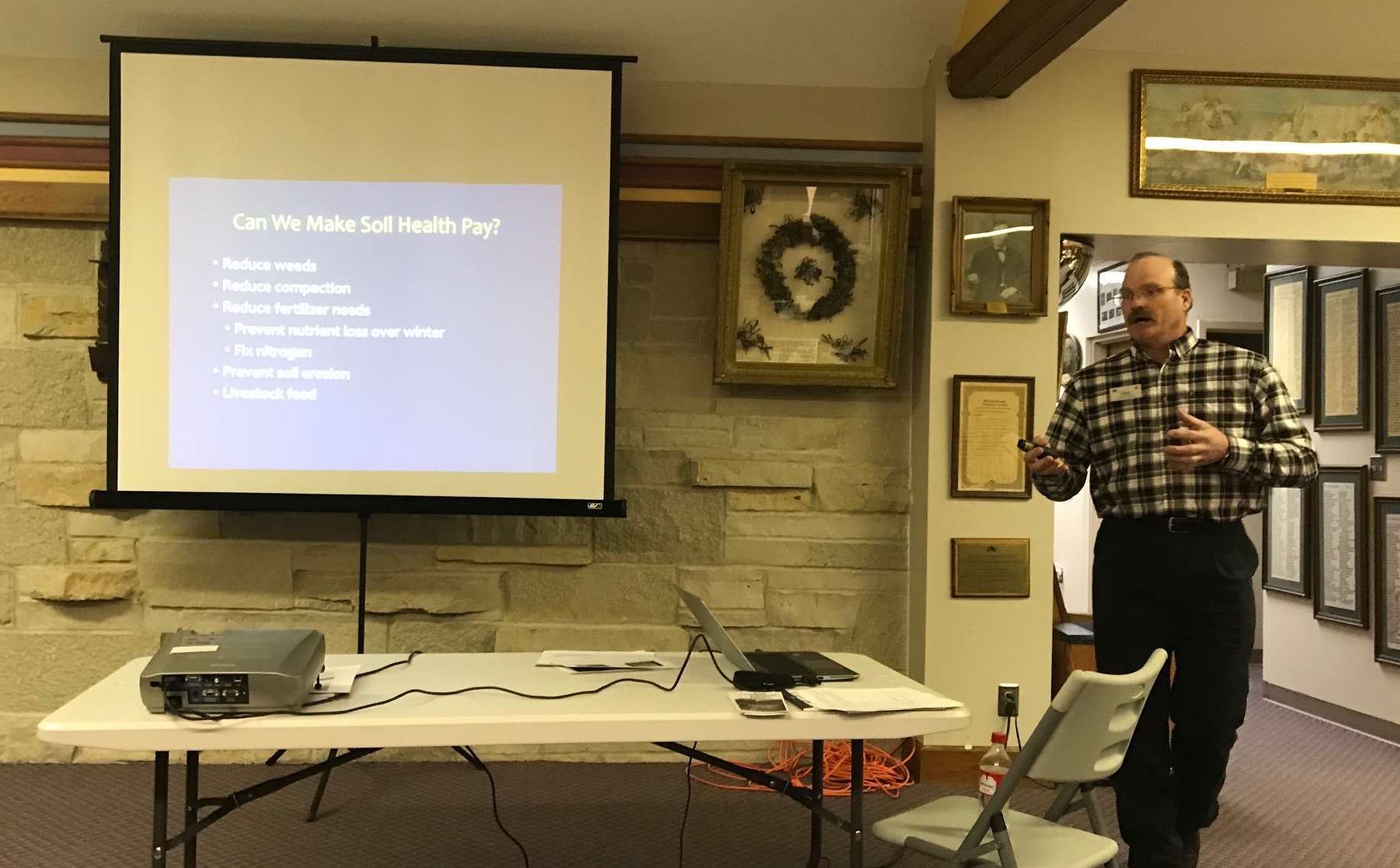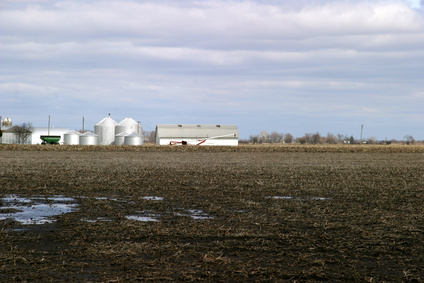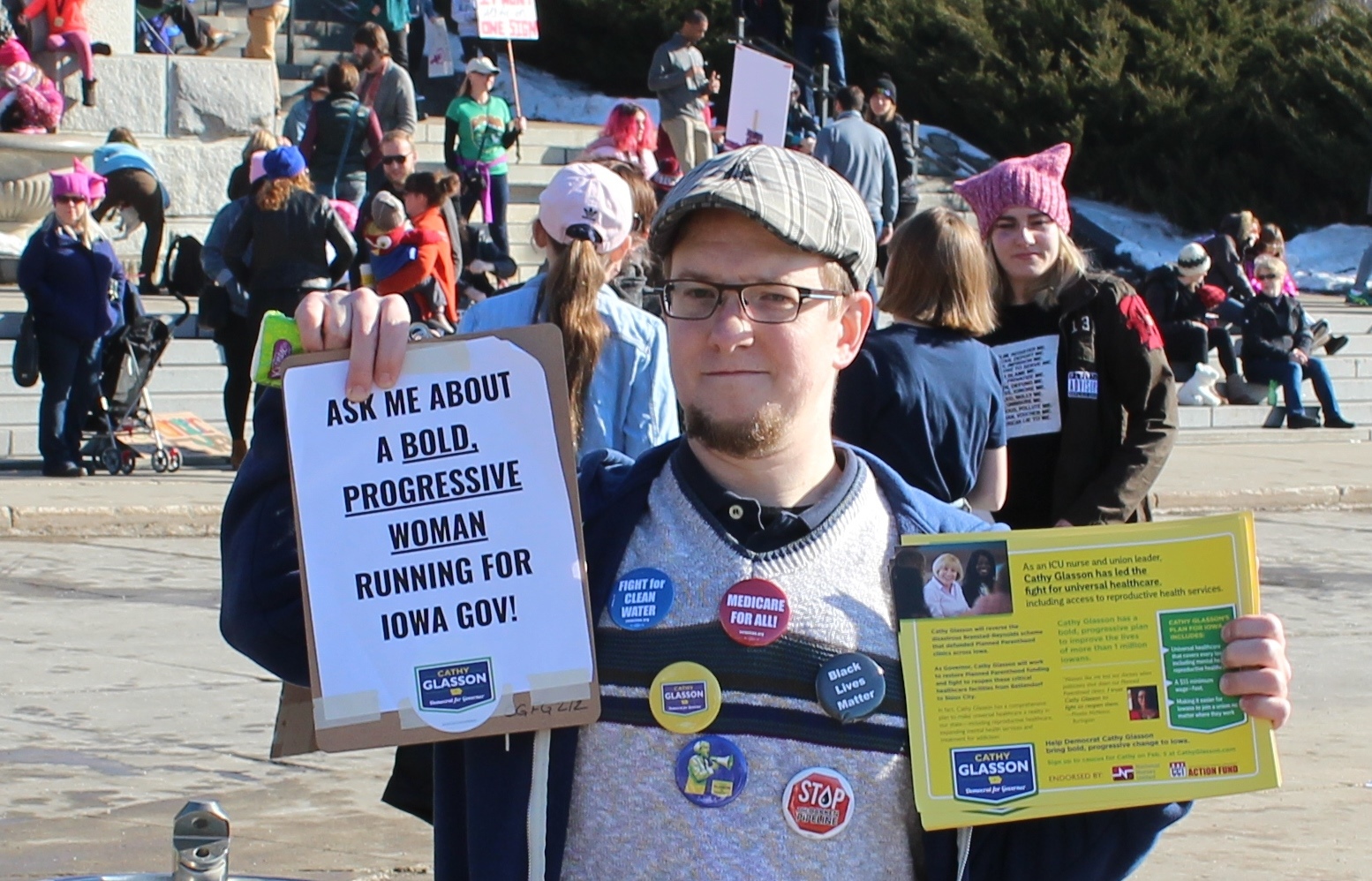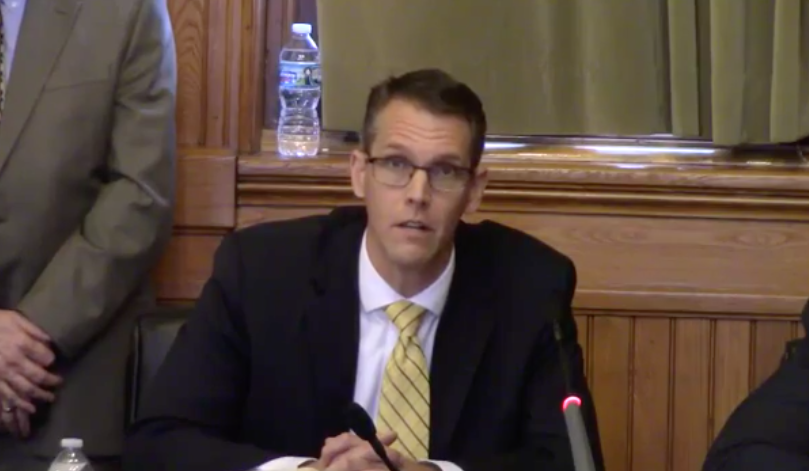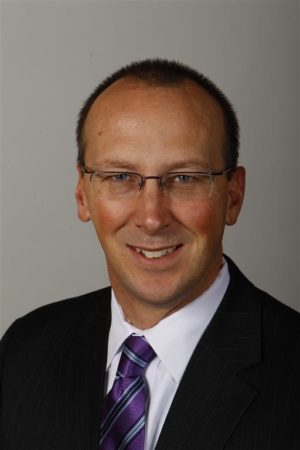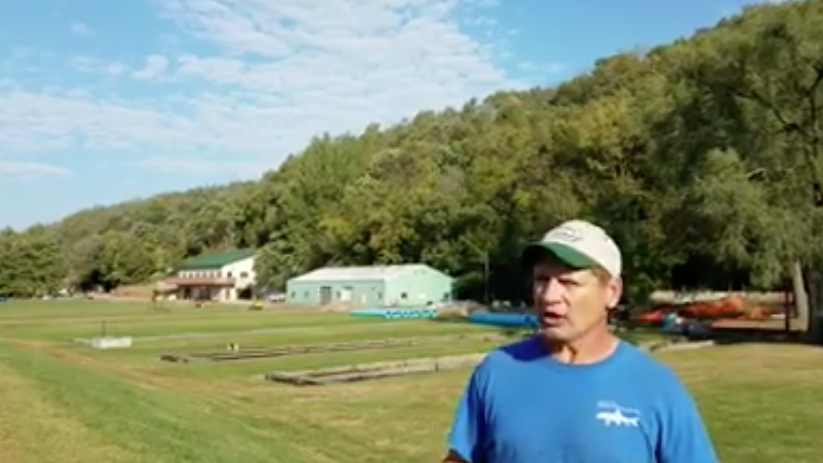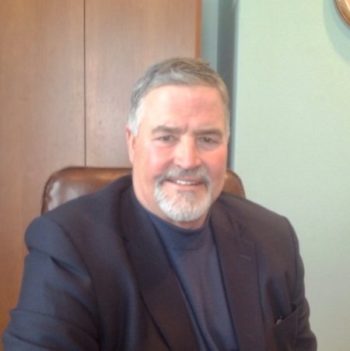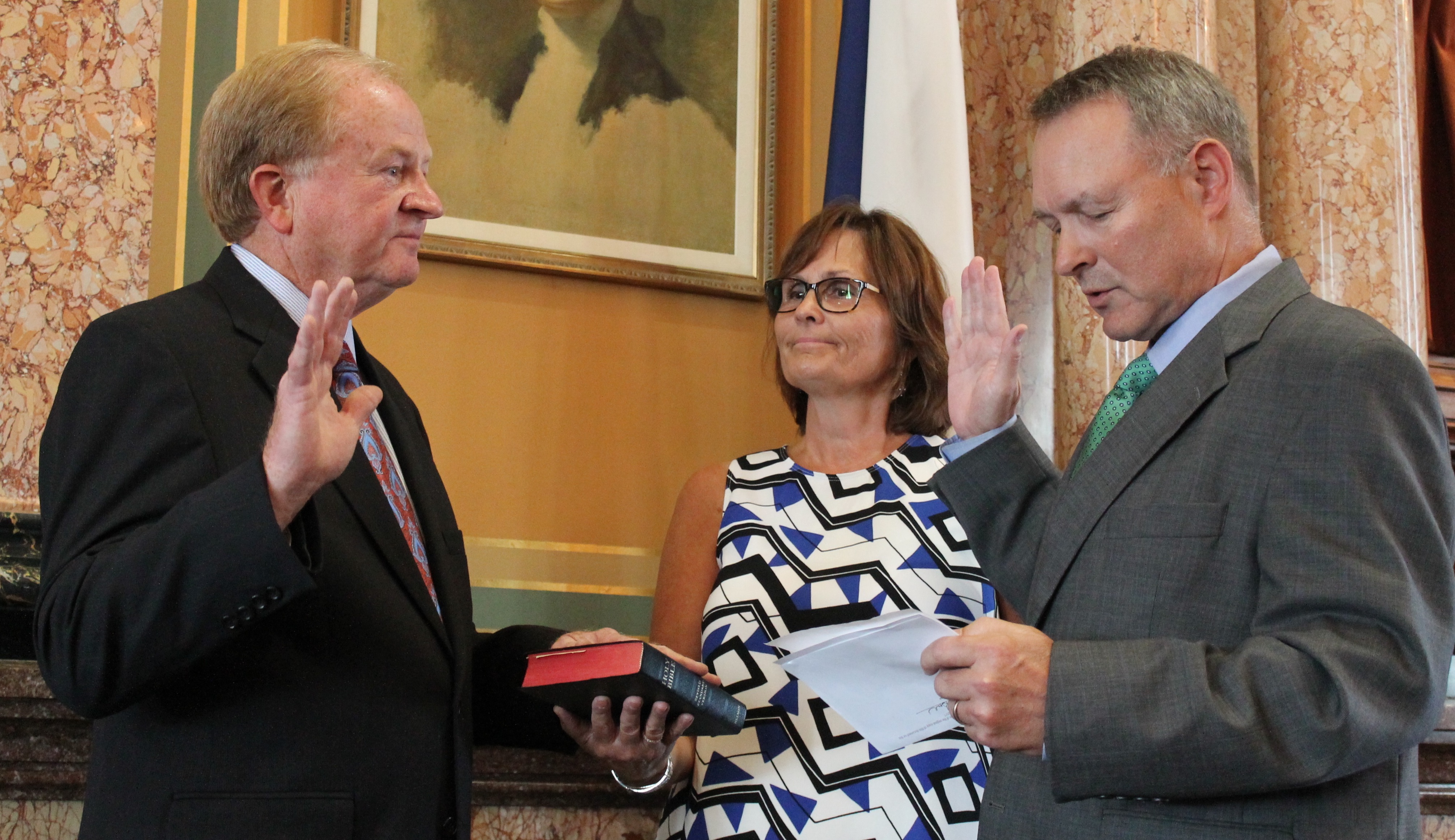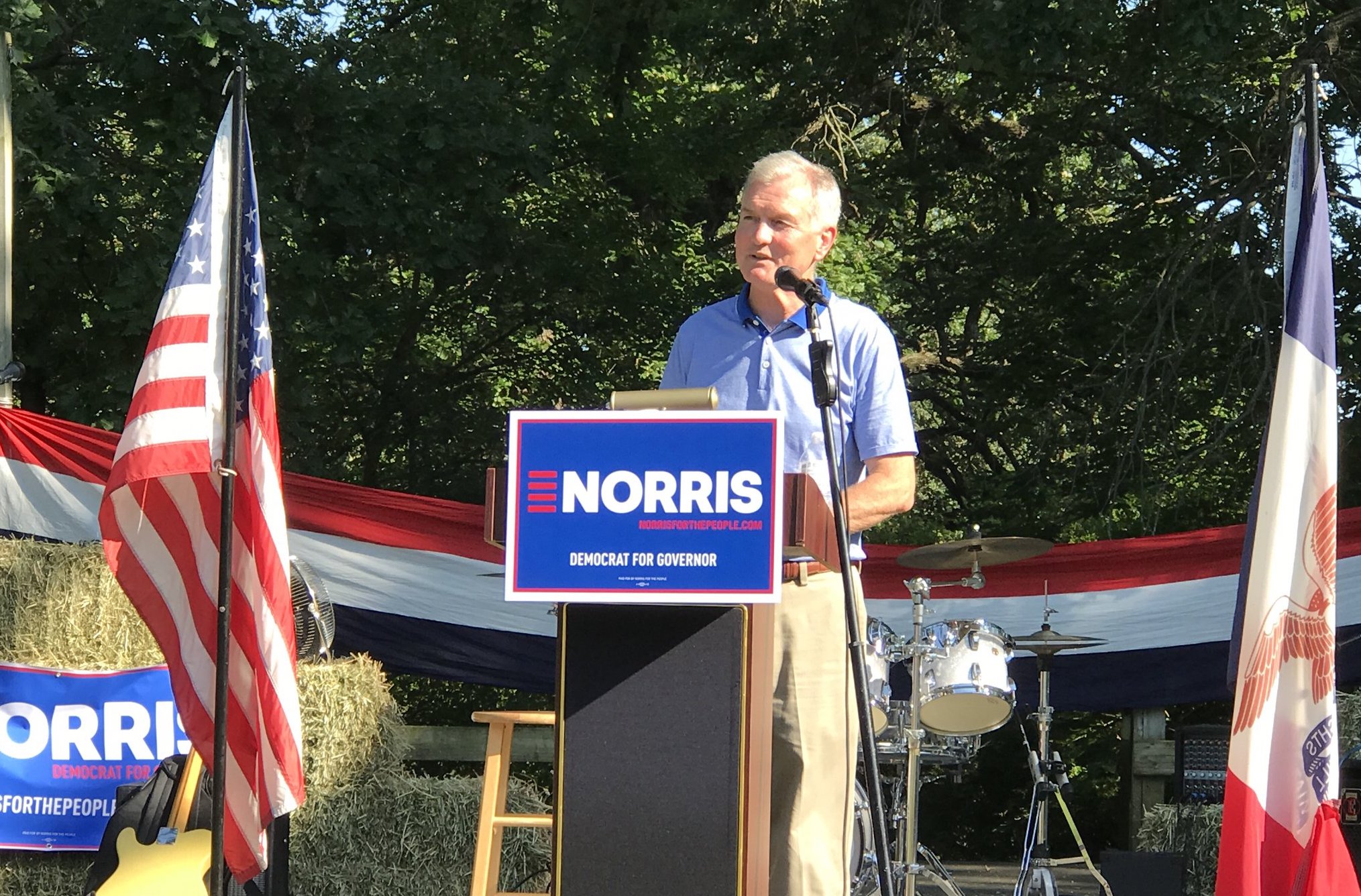Sable Knapp‘s home state is Iowa, and she currently lives in Maine. -promoted by Laura Belin
The human body is two-thirds water, as is the surface of the planet we inhabit. Water quality profoundly affects human health and clean water protections must be upheld. Everyone should be able to have the peace of mind that comes from guaranteed safe, free drinking water.
Iowa Citizens for Community Improvement works persistently to defend Iowa’s water. By suing the State of Iowa for failing to ensure the safety of Raccoon River, Iowa CCI and Food & Water Watch are sending a strong “No Means No” message to polluters and politicians who authorize the pollution of Iowa’s rivers. Bill Stowe, Des Moines Water Works CEO, aptly said, “We are completely at the mercy of what gets dumped in our rivers each day.”
The rallying cry “Water is Life” is a fundamental truth. Poet and activist Lyla June evokes this power in her poem “And God is the Water,” which concludes with the words, “I am the rock and God is the water.” The way we care for nature reflects the way we care for ourselves.
As America’s waterways slip further into the hands of corporate players, subsequent pollution continuously affects everyone. Iowa’s elected officials must be held responsible for facilitating the revitalization and protection of the water that flows through Iowa.




